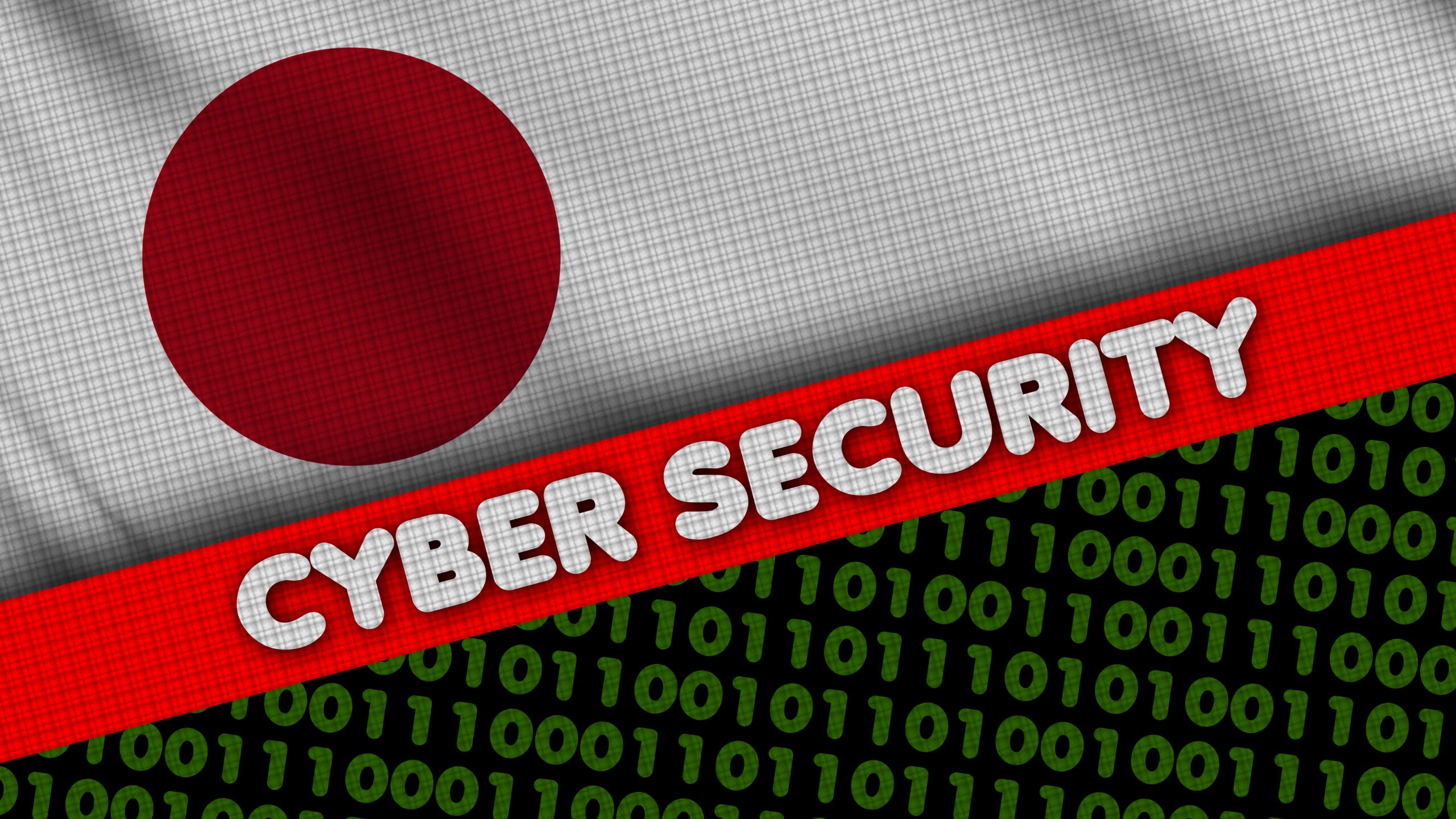As technology advances in Japan, so does the risk of cyber threats and data breaches. To combat this, companies like Sony and Hitachi are pioneering robust encryption technologies to protect sensitive data. These technologies secure information at rest and in transit, ensuring compliance with regulations. With data security a paramount concern, the development of quantum-resistant encryption methods is setting new standards, anticipating future cyber challenges. For industries like finance and healthcare, where breaches can have major repercussions, such technologies are essential.
The Importance of Data Encryption in Japan
Japan is a leader in cybersecurity, emphasizing protecting sensitive data through robust encryption. Compliance with Regulations Stringent laws like the Act on the Protection of Personal Information (APPI) and the EU’s General Data Protection Regulation (GDPR) mandate encryption for securing individuals’ private data. Failure to comply can result in legal penalties and damage corporate reputation.
Safeguarding Critical Infrastructure
- In industries like finance, healthcare, and transportation, encryption shields sensitive systems and personal information. A breach could undermine operations and endanger people’s lives. Japan’s critical infrastructure depends on strong data protection.
Anticipating Future Threats
- As computing power grows, current encryption methods become vulnerable. Researchers at companies like NTT and Toshiba are developing “quantum-resistant” algorithms to withstand future cyber threats. Such forward-thinking innovation in encryption reinforces Japan’s position as a leader in cybersecurity.
- In an era of increasing cyber threats, data encryption is fundamental to privacy, security, and governance in Japan. Continuous advancement of encryption technologies and standards will be crucial to safeguarding sensitive data and critical systems in the future. Robust yet flexible data protection policies and compliance with international regulations have allowed Japan to balance innovation in data use with individuals’ rights over their personal information. Overall, encryption serves as a vital mechanism enabling progress in Japan’s data-driven society.
Major Players in Data Encryption: Sony, Hitachi, and More

Sony Corporation
- As a leader in consumer electronics, Sony recognizes the importance of data security and privacy. The company uses encryption to protect sensitive customer information and intellectual property. Sony’s encryption methods include format-preserving encryption, which allows data to retain its original format, and homomorphic encryption, which permits limited operations on encrypted data.
Hitachi Ltd
- Hitachi is a pioneer in developing post-quantum cryptography – encryption that can withstand attacks from future quantum computers. The company’s encryption technologies protect data in fields like finance, healthcare, and transportation. Hitachi’s encryption methods include lattice-based cryptography, code-based cryptography, and multivariate cryptography. The company aims to implement encryption that balances high security with efficiency and low cost.
NEC Corporation
- NEC Corporation provides encryption solutions for governments and businesses in Japan and worldwide. The company offers public key infrastructure for digital signatures and authentication, format-preserving encryption, and homomorphic encryption. NEC also develops quantum-resistant encryption algorithms to future-proof data security. The company’s encryption methods comply with standards like FIPS 140-2 to meet regulatory requirements.
Fujitsu Ltd
- Fujitsu Ltd uses encryption to secure its own operations as well as provide encryption services to customers. The company offers encryption for data in transit and at rest, in data centers, and in the cloud. Fujitsu’s encryption methods include format-preserving encryption, homomorphic encryption, and post-quantum cryptography. The company aims to develop encryption that reduces processing load and optimizes system performance while maintaining a high level of security. Fujitsu’s encryption solutions help organizations comply with data protection laws like GDPR.
Encryption Methods Used to Secure Data in Transit and at Rest
1. Data Encryption at Rest
- Data at rest refers to information stored in databases, hard drives, flash drives, and other media. Companies deploy encryption methods like AES (Advanced Encryption Standard) and RSA (Rivest–Shamir–Adleman) to encrypt data at rest. AES uses symmetric keys for encryption and is considered very secure. RSA uses asymmetric encryption with public and private keys. Messages are encrypted with the public key and can only be decrypted with the private key.
2. Data Encryption in Transit
- Data in transit refers to information moving over networks, like the Internet or internal company networks. Transport Layer Security (TLS) and its predecessor Secure Sockets Layer (SSL) are commonly used to encrypt data in transit. TLS uses asymmetric encryption to establish a secure connection between two parties, then switches to symmetric encryption for the actual data transfer. By encrypting web traffic, e-commerce companies and financial institutions can protect sensitive customer information.
3. Quantum-Resistant Encryption
- As quantum computing continues to progress, it threatens to undermine many of the encryption methods currently in use. Algorithms like RSA and elliptic-curve cryptography are vulnerable to attacks using Shor’s algorithm on a large-scale quantum computer. Recognizing this risk, companies in Japan are working to develop quantum-resistant encryption methods, like lattice-based cryptography and code-based cryptography. These new methods are designed to resist attacks from both classical and quantum computers, helping ensure long-term data security.
In summary, robust encryption of data at rest and in transit is essential for companies dealing with sensitive customer information. Ongoing research into quantum-resistant encryption will be crucial for data security in an era of advanced cyber threats and increasingly powerful computing. By deploying strong encryption and staying ahead of emerging technologies, companies in Japan can maintain high data security standards and protect their customers’ privacy.
Compliance With Data Protection Regulations
To operate in Japan, companies that handle sensitive data must comply with strict regulations on data privacy and security.
- The Act on the Protection of Personal Information (APPI) requires organizations to implement appropriate measures to protect personal data. Companies must follow principles such as obtaining consent, limiting use to the original purpose, ensuring data accuracy, and restricting access.
- The My Number Act mandates the use of a 12-digit personal identification number for citizens and residents. Organizations that handle My Number data must implement stringent security controls, including encryption, to prevent unauthorized access or leaks. Non-compliance can result in penalties and damage to reputation.
- The Financial Instruments and Exchange Act (FIEA) regulates the handling of customer data in the finance industry. Financial institutions must follow security guidelines from the Financial Services Agency (FSA), including encrypting customer data and securely managing encryption keys. Regular audits and penetration testing help identify and address vulnerabilities.
- The Medical Care Act stipulates guidelines for protecting patient data in the healthcare sector. Healthcare providers must implement role-based access controls, encrypt patient records, and securely transmit data to authorized parties. Patient consent is required for disclosing data beyond treatment purposes. Non-compliance can lead to loss of accreditation and legal consequences.
Robust data encryption and key management technologies developed by companies like Sony and Hitachi help organizations in Japan meet compliance obligations, prevent data breaches, and build consumer trust. Using strong, quantum-resistant encryption algorithms, these technologies secure data throughout its lifecycle and support seamless auditing and reporting. By anticipating future regulatory changes, they enable sustainable compliance and data protection. Overall, advancing data encryption technologies and ensuring their responsible use are crucial for privacy, security, and innovation in Japan’s technology-driven economy.
The Future of Quantum-Resistant Encryption in Japan
The Need for Stronger Encryption Methods
- As technology advances, so do the capabilities of cybercriminals and state-sponsored threat actors. Traditional encryption methods are becoming increasingly vulnerable to attacks that harness the processing power of quantum computers. To safeguard sensitive data and critical infrastructure in the coming decades, Japan is investing heavily in developing quantum-resistant encryption technologies.
Progress in Post-Quantum Cryptography
- Companies like Hitachi and NEC are making progress in designing quantum-resistant algorithms that can withstand the computational power of quantum computers. Hitachi has proposed a code-based encryption scheme called LUKE that is resistant to known quantum attacks. NEC is researching lattice-based cryptography, a promising approach for creating quantum-safe encryption. The Japanese government is also funding academic research in this area.
Preparing for a Quantum World
- While large-scale quantum computers do not currently exist, future access to such systems could allow stored encrypted data to be decrypted. Recognizing this threat, Japan’s cryptography research community aims to have quantum-resistant encryption standards in place before sensitive data stored today can be compromised in the coming decades. Government agencies and critical infrastructure operators are preparing to integrate these post-quantum encryption methods to safeguard sensitive systems and data.
Role on the Global Stage
- Japan is well-positioned to play a leading role in developing international standards for quantum-resistant encryption. With its long history of technological innovation and expertise in cryptography, Japan can help set global benchmarks for robust and practical encryption methods that protect against both current and future threats. By fostering collaboration between private sector researchers and policymakers, Japan can ensure its standards align with the latest scientific advances in post-quantum cryptography.
Overall, Japan is making important strides in quantum-resistant encryption to meet the data security challenges of the 21st century. With continued progress, these technologies can help secure Japan’s digital future in an era of unprecedented computing power and cyber threats.
The Last Say..
Alas, we have reached the end and reviewed the critical role data encryption technologies play in Japan; where protecting sensitive information is paramount. Companies like Sony and Hitachi are leading developments, implementing robust encryption methods essential across sectors like finance and healthcare. Their pioneering of quantum-resistant techniques is future-proofing data security in the face of emerging cyber threats. We now understand that encryption underpins compliance and resilience. Looking ahead, Japan’s encryption innovations will continue driving international standards. Implementing these leading technologies proactively is key to ensuring your own data’s integrity and security.
More Stories
Hitachi Empowers Real-Time Data Integration with EverFlex AI Data Hub
In today’s data-driven world, Hitachi Vantara’s EverFlex AI Data Hub becomes a crucial tool for real-time data integration.
Smart Energy Integration Accelerates AI Data Center Evolution in Malaysia
Malaysia’s smart energy & AI data initiative pioneers a venture that blends smart energy integration with AI-driven data center development
Meta’s AI Ambitions Intensify with Strategic Stake in Scale AI
In today’s AI-driven era, Meta is making bold moves to stay ahead in the competitive tech race. It has invested between $14.3 billion and $14.8 billion in Scale AI.
Meta AI App Adds Warning to Prevent Accidental Sharing of Private Chats
In today's world, digital privacy is more important than ever. Meta has taken a major step to protect user data....
Barbie Embraces AI as Mattel and OpenAI Reimagine Smart Play
n the ever-evolving world of play, Mattel begins a groundbreaking journey by teaming up with OpenAI. This partnership brings artificial intelligence to the iconic Barbie brand. By the end of 2024, Barbie’s first AI-powered toy may debut.
Android Instant Apps Retired After Years of Low Adoption
Google decides to retire Android Instant Apps by December 2025 as they struggled to capture user interest since its launch in 2017.


